Opportunities for Transformation
Mark McClellan, Duke-Margolis Center for Health Policy, outlined two approaches for building community trust in the research enterprise: 1) simplifying existing trial networks to reduce the burden on community health care providers, and 2) leveraging capacity outside of the clinical trials enterprise, such as electronic registries that already track longitudinal patient data for quality improvement purposes. He suggested that there are opportunities to facilitate change in the clinical trials enterprise by building upon ongoing public health policy activities (e.g., PDUFA reauthorization).
Amy Abernethy, Verily Life Sciences, stated that, “2030 is now. Our vision for the clinical trials enterprise is unfolding in front of us in 2021 and going forward.” The clinical trials infrastructure exists to generate the clinical evidence needed to make decisions about health-related interventions, she said, and new innovations must work within the clinical trials ecosystem while still ensuring patient safety and data integrity. The technology industry can serve as a partner - not just a vendor – as stakeholders consider how the clinical trials enterprise should evolve in terms of technical and data capabilities.
In a public health emergency, the goal of the clinical trials enterprise should be to rapidly generate robust and actionable data that can be used to improve standards of care and disease outcomes, said Janet Woodcock, FDA. However, the response of the U.S. clinical trial ecosystem to the pandemic has been less than optimal. The creation of a community-based clinical trials network is as essential to pandemic preparedness as ensuring the availability of personal protective equipment, and as such, should be a government-supported activity. She stated that, “we need a national clinical trial capacity stockpile, just as we need a stockpile of medicine and equipment.”
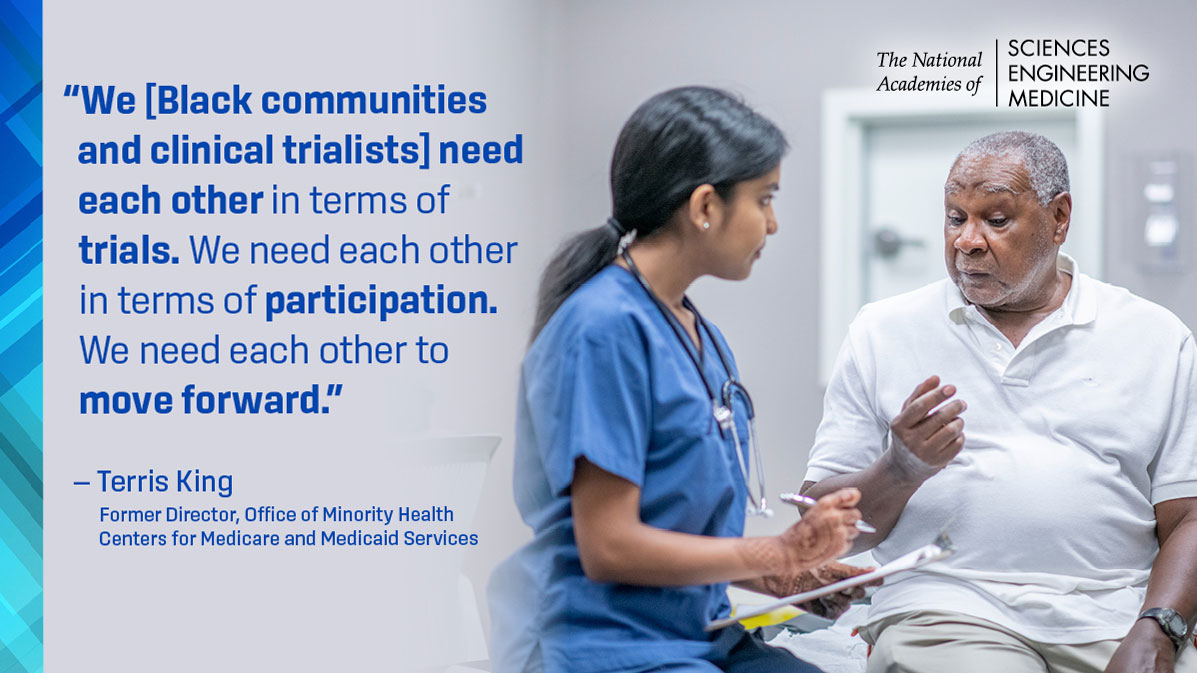
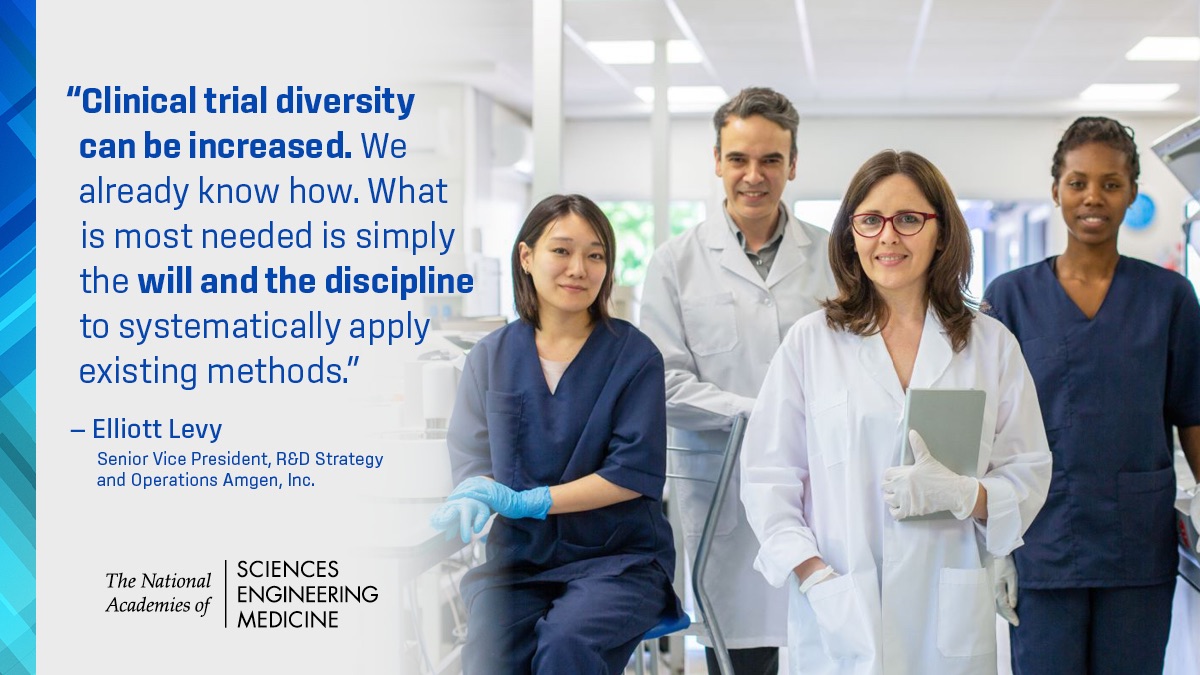
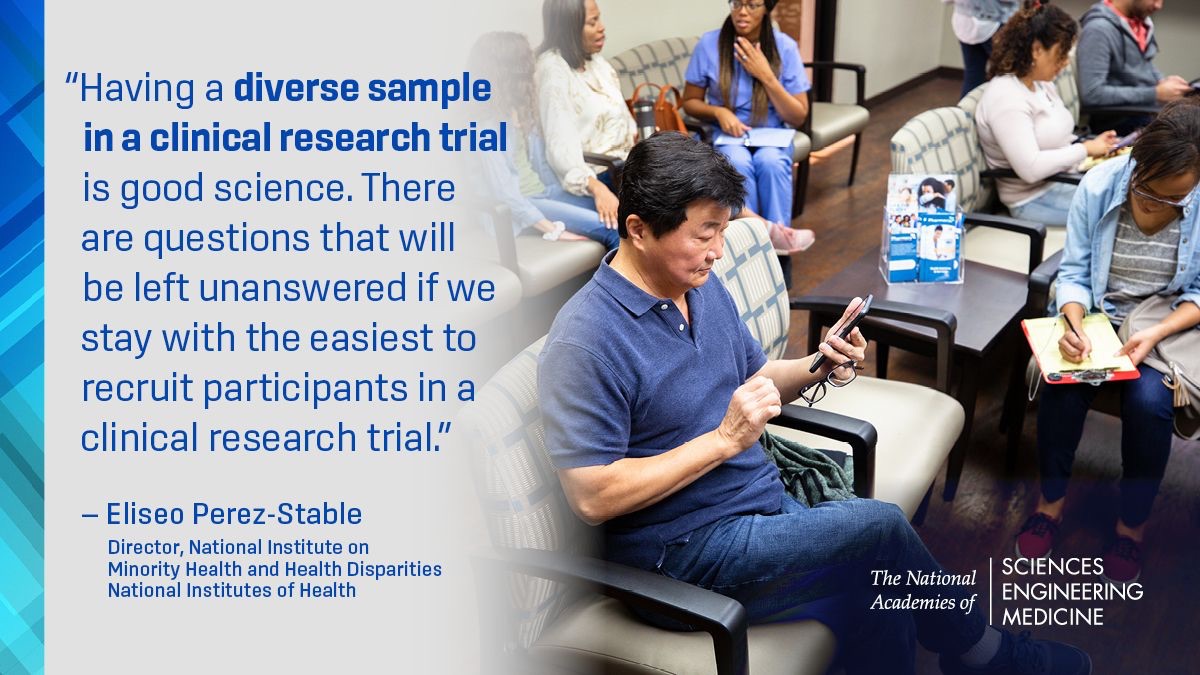
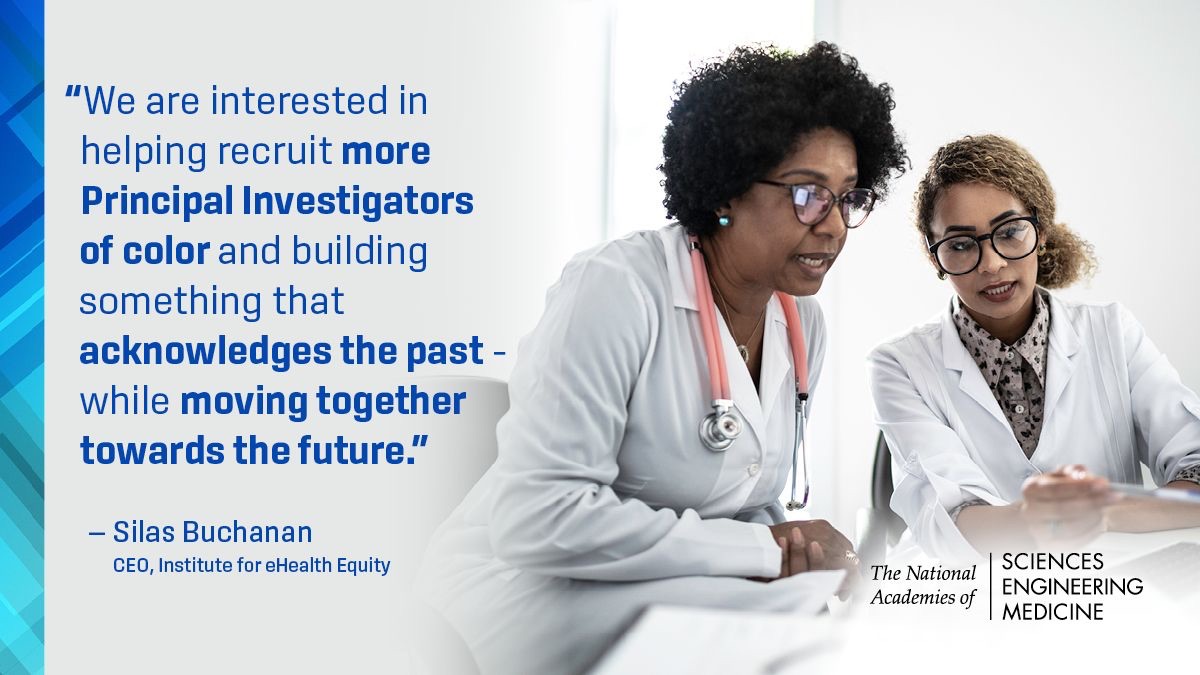
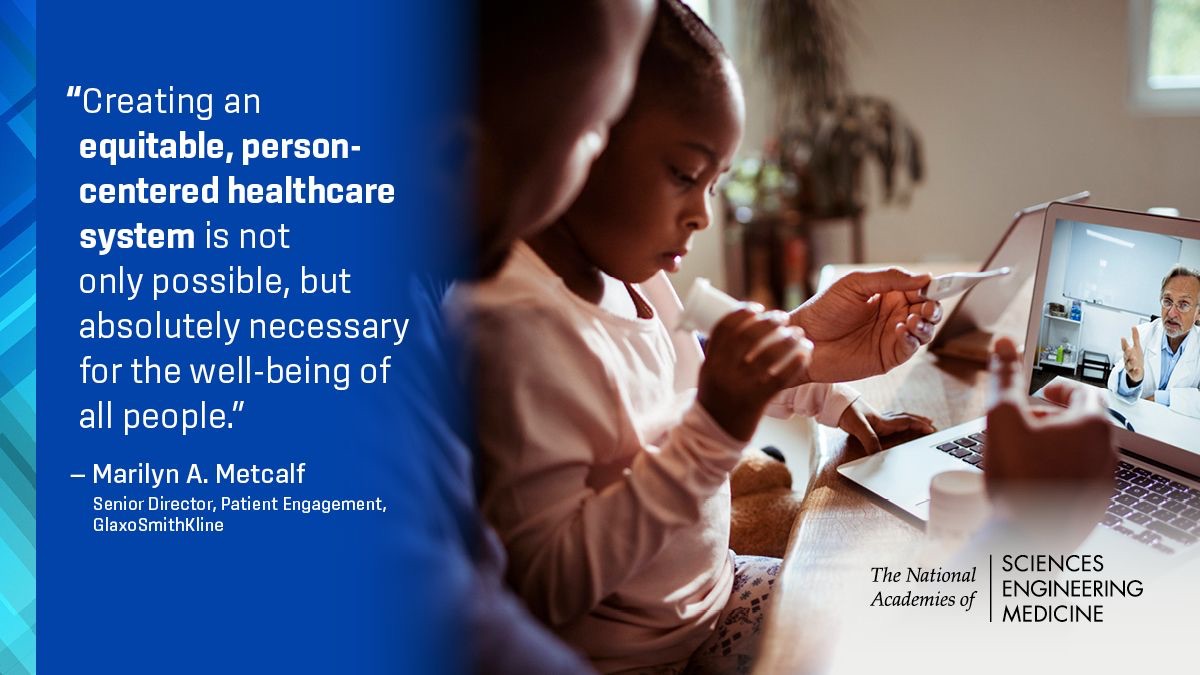
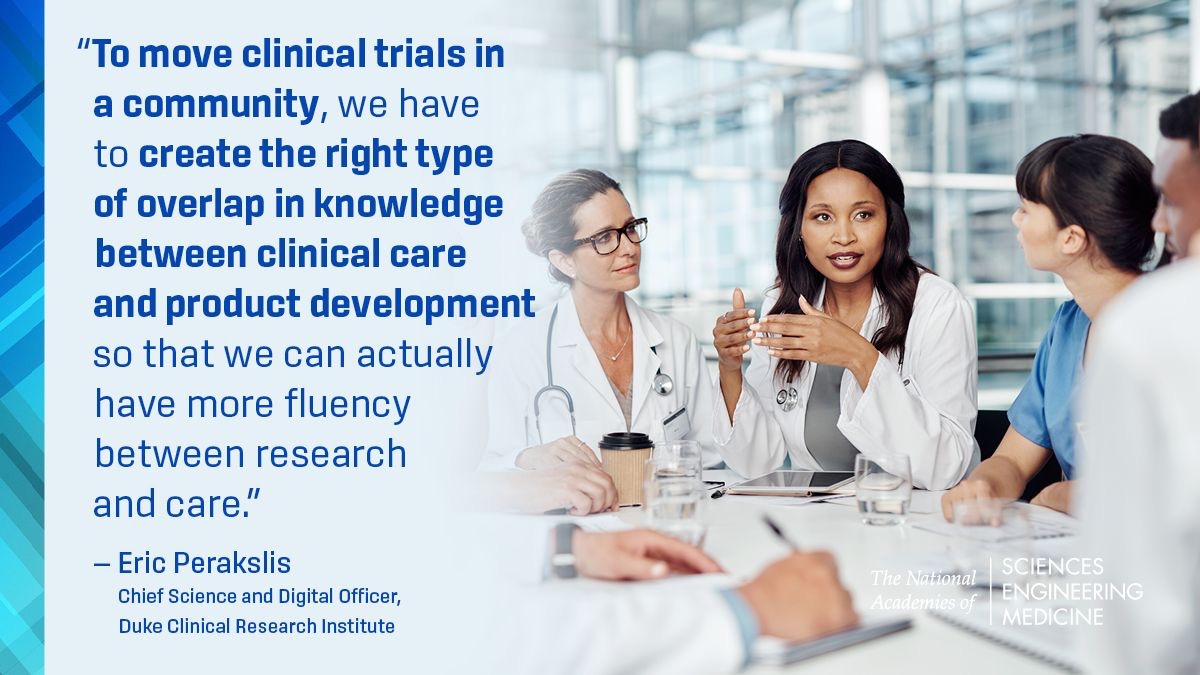
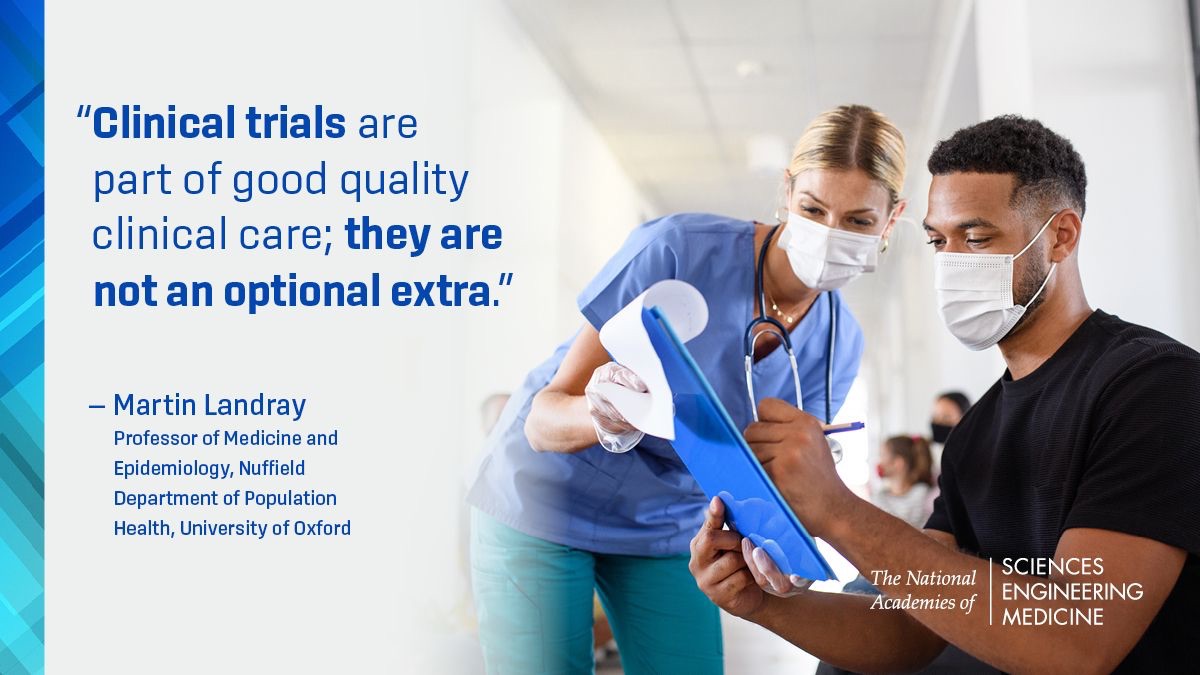
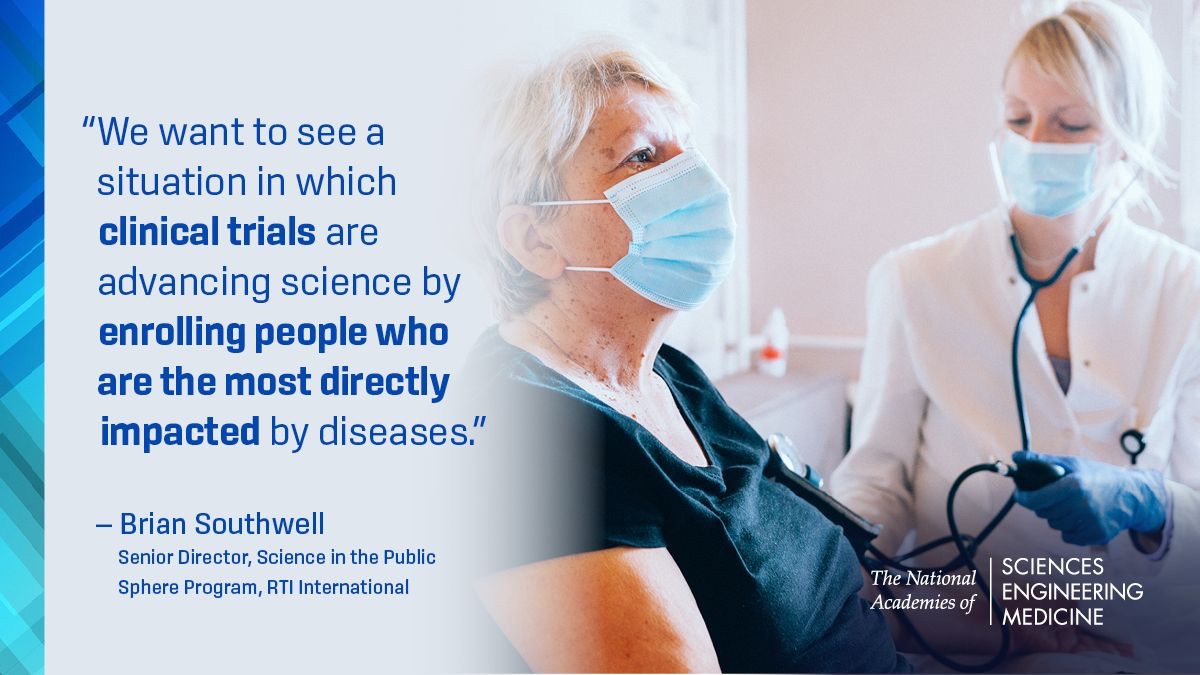
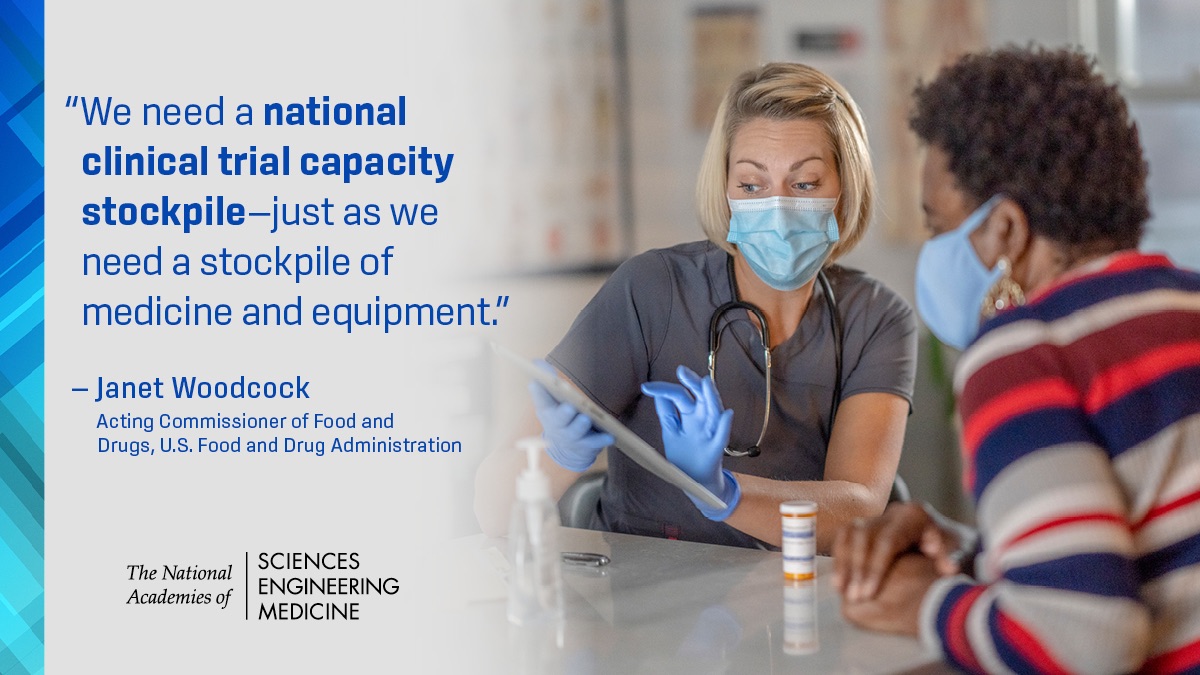
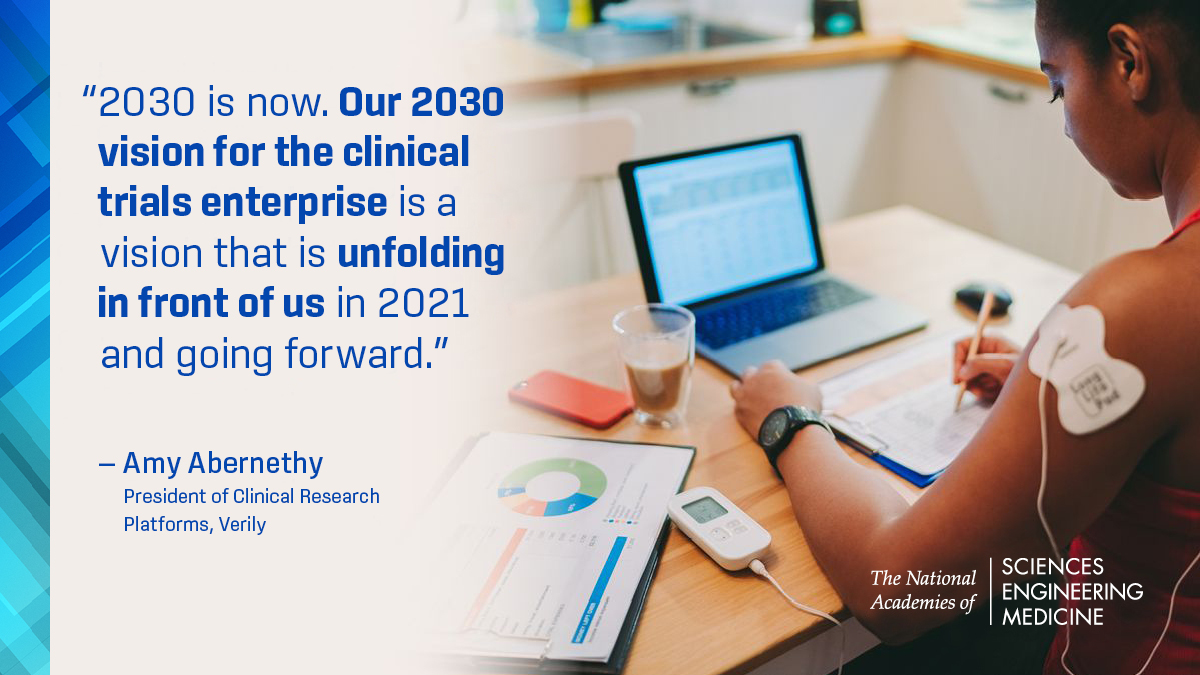

SHARE